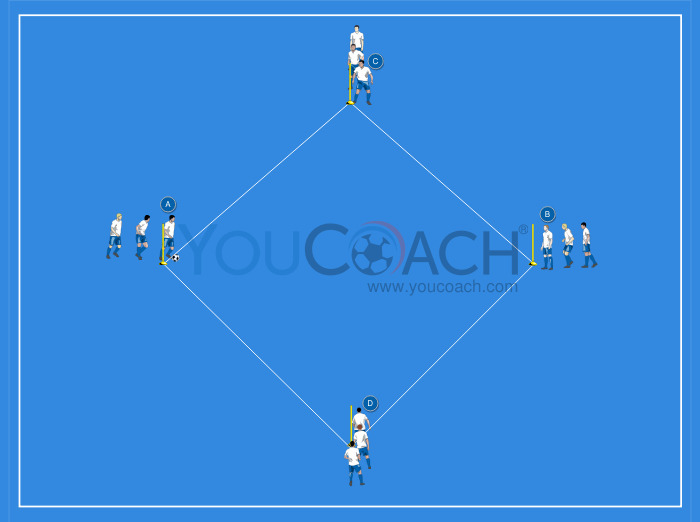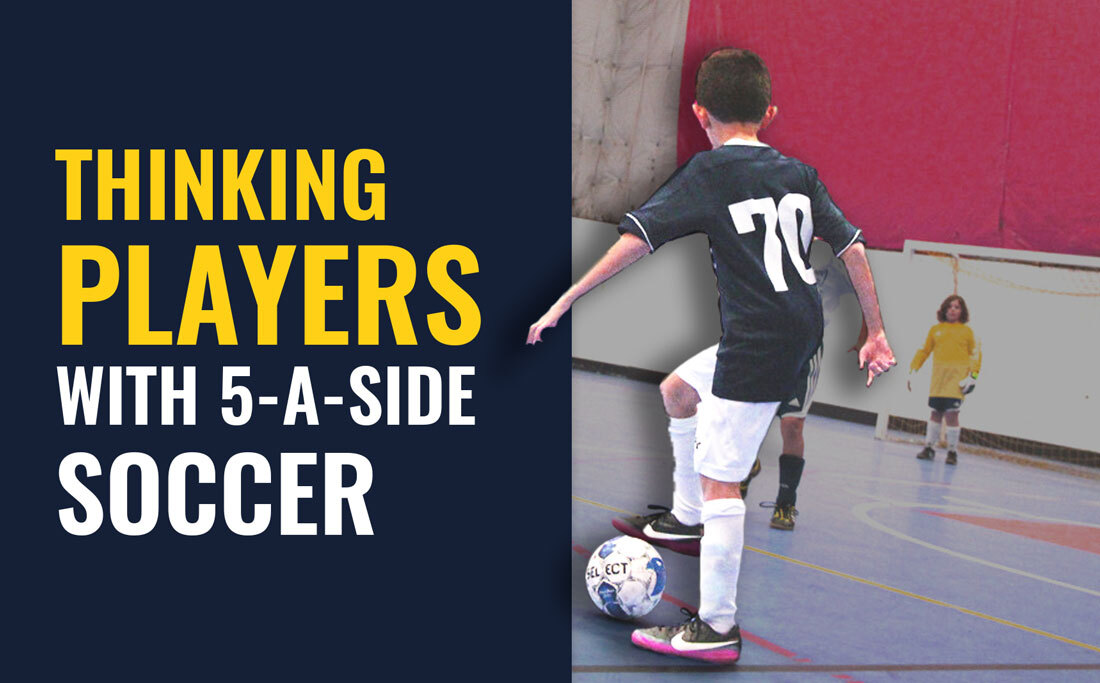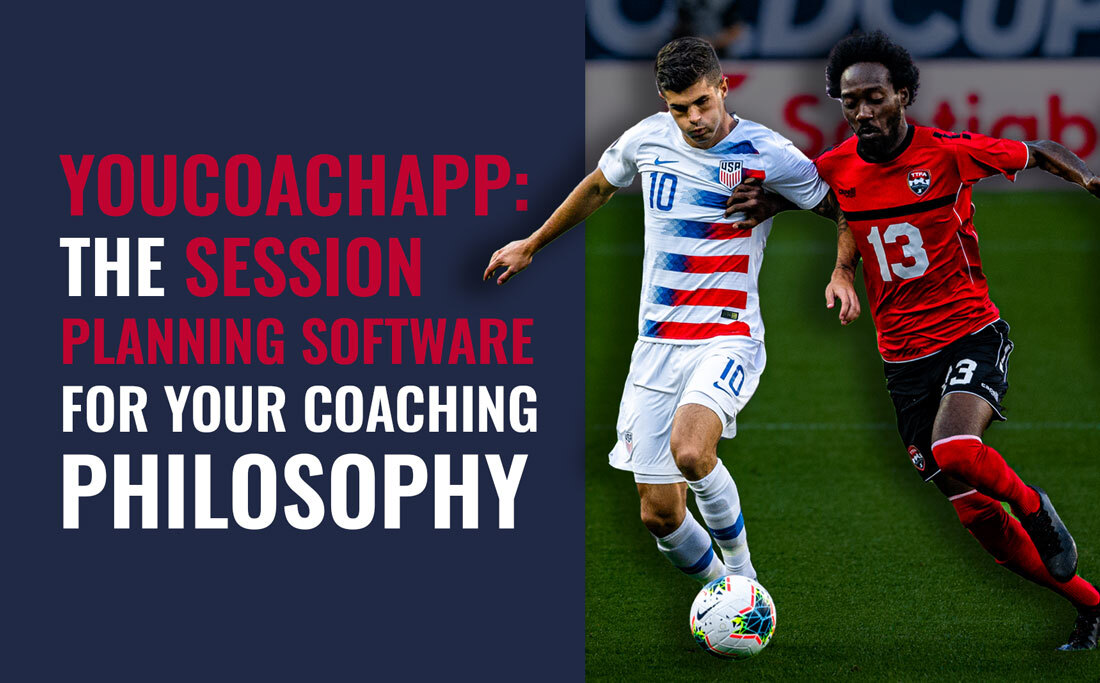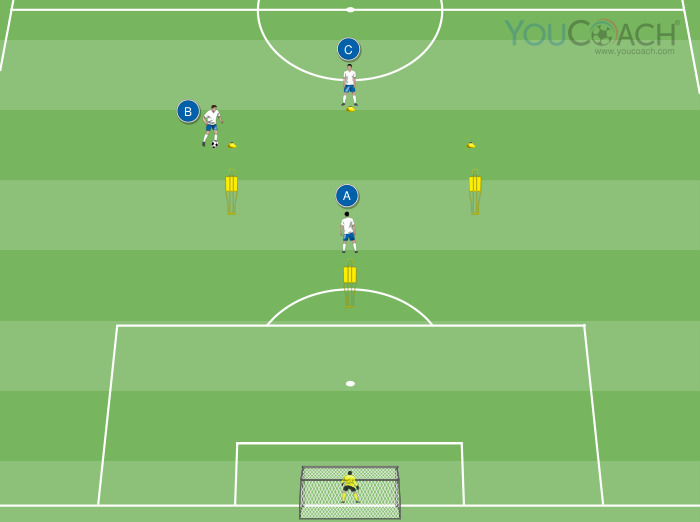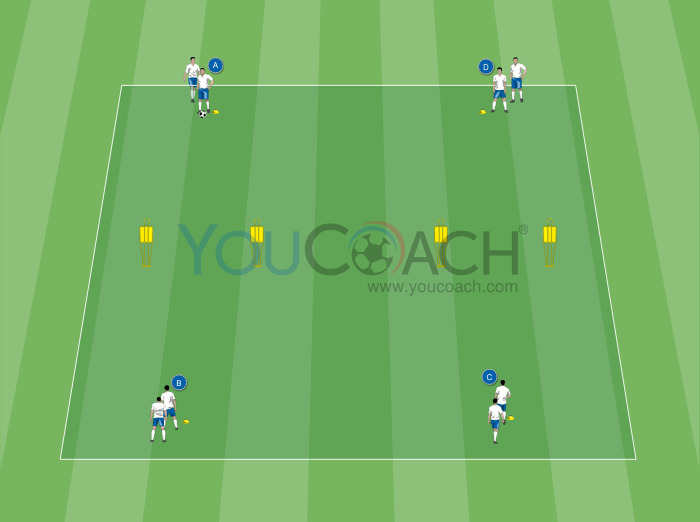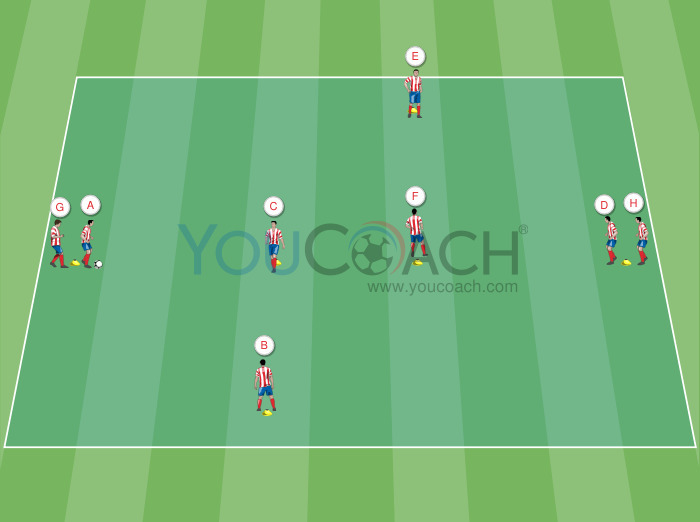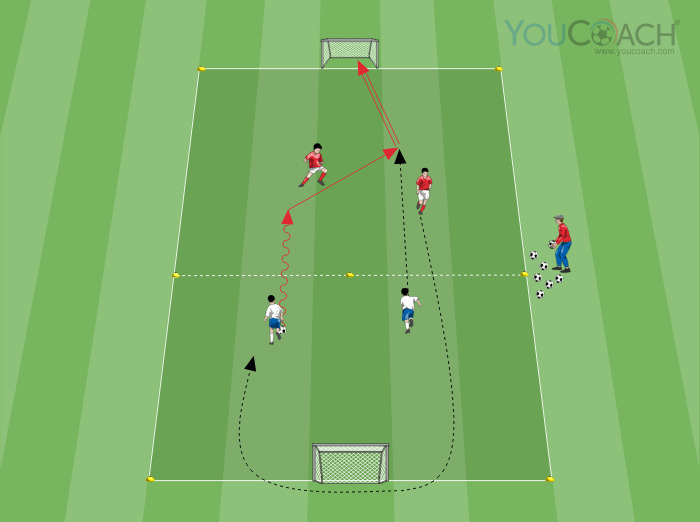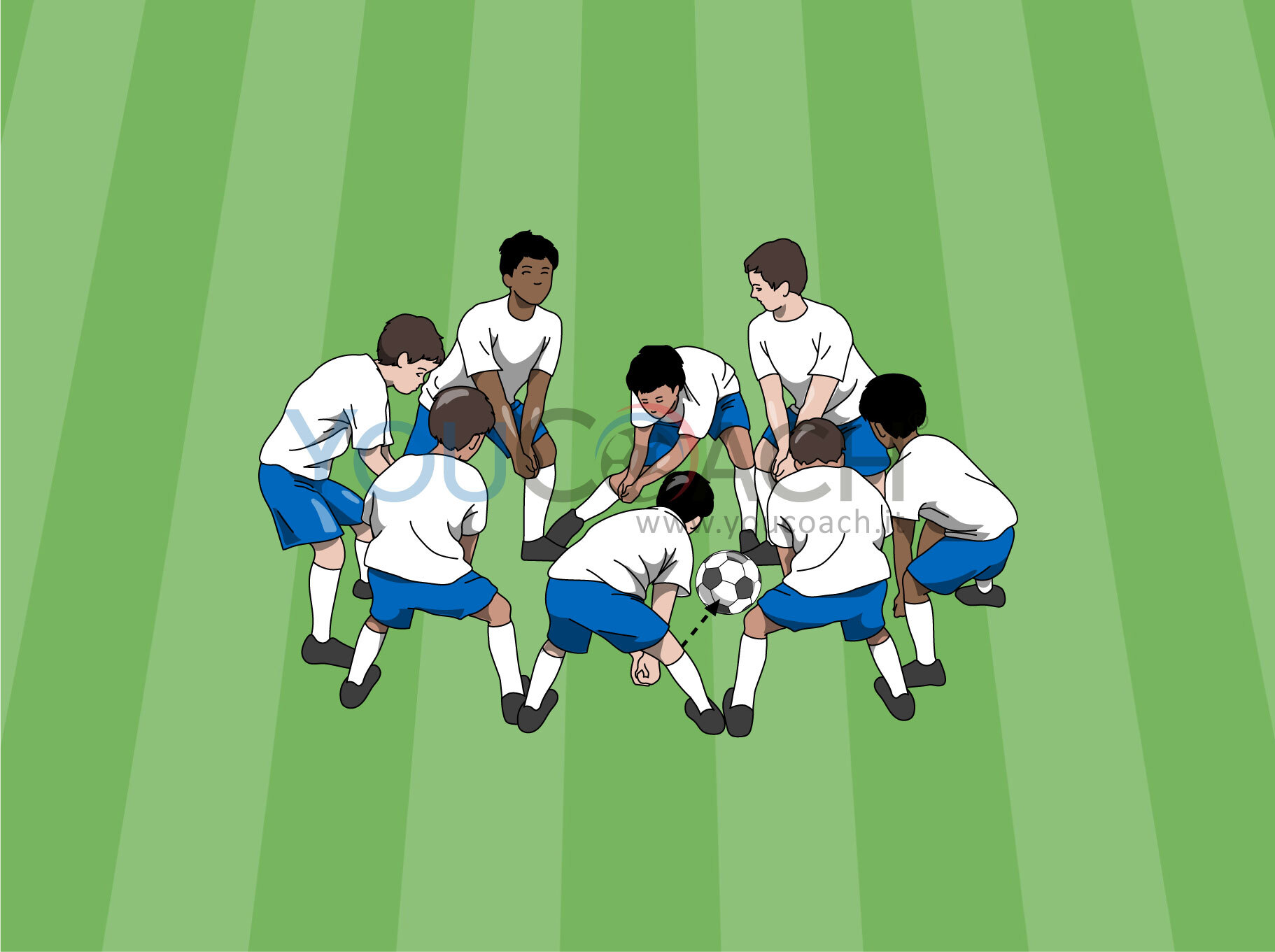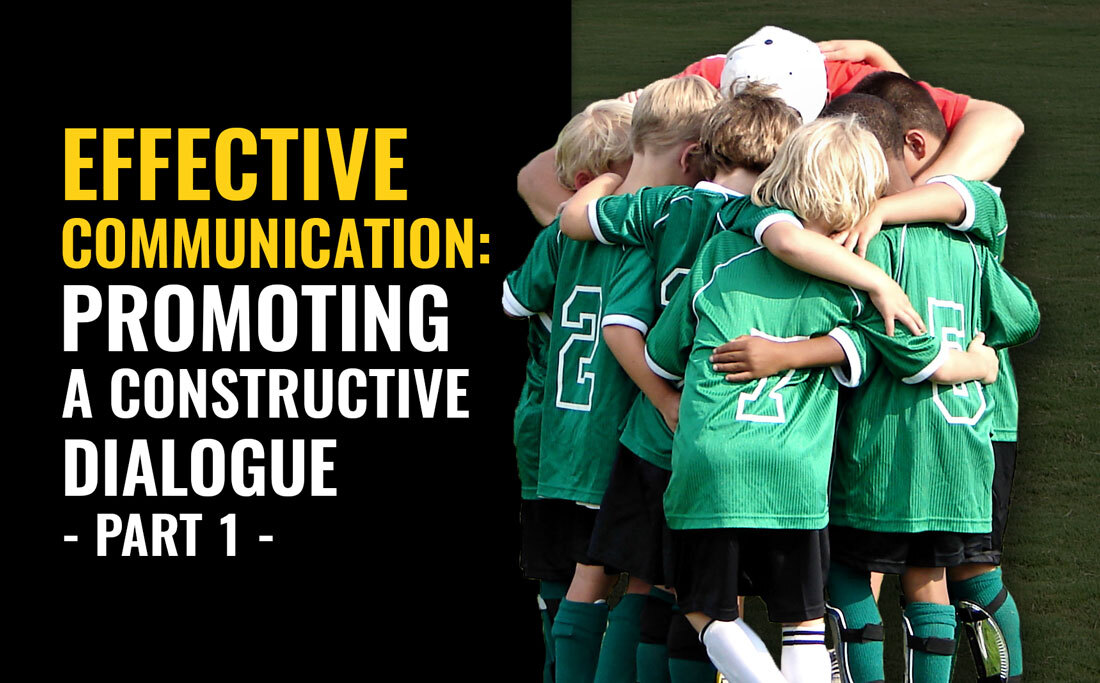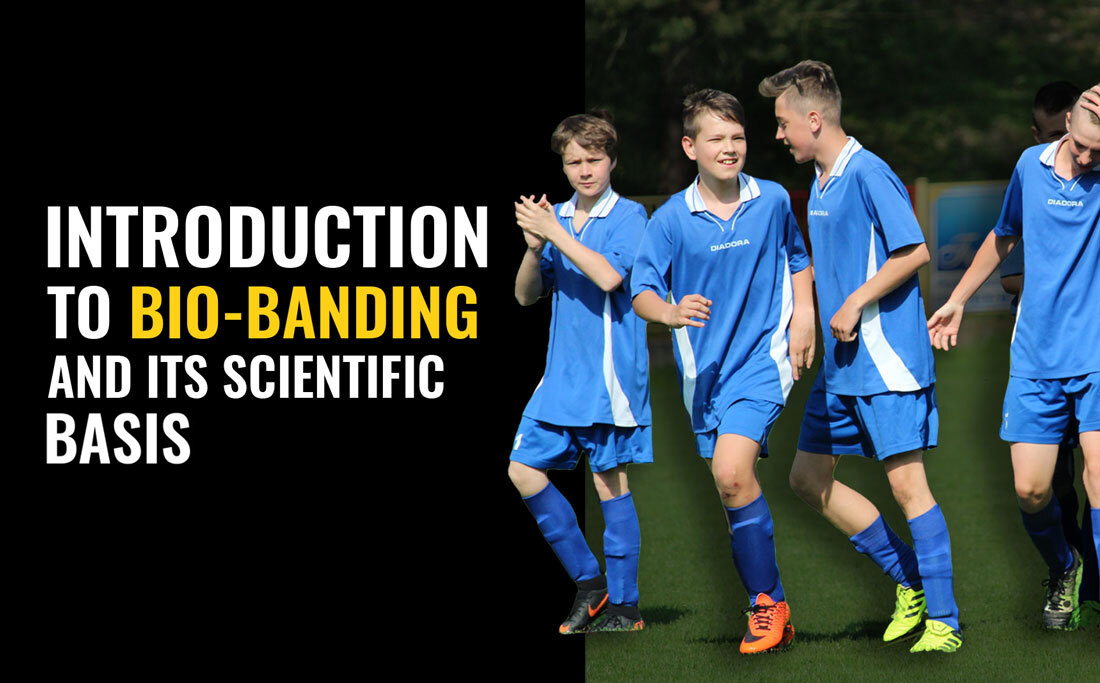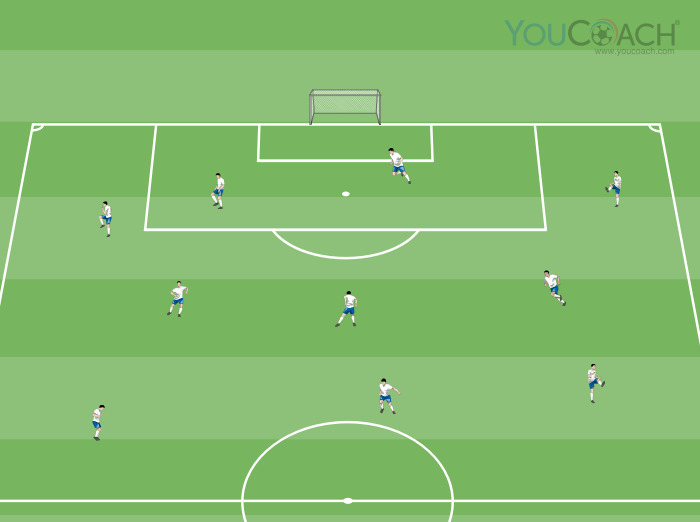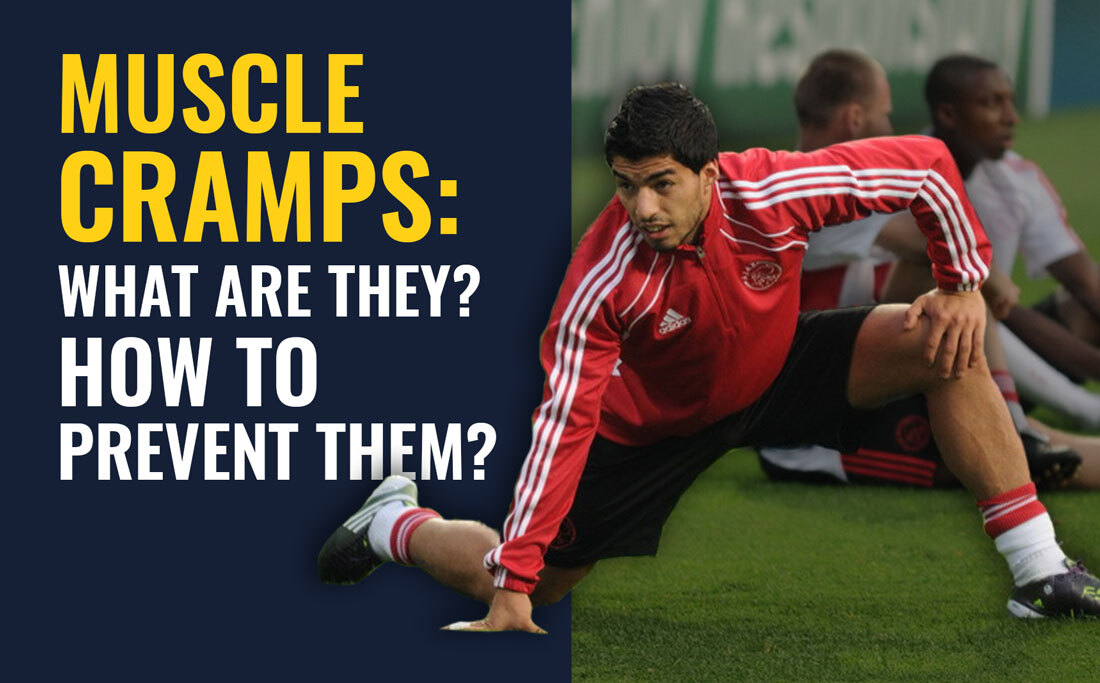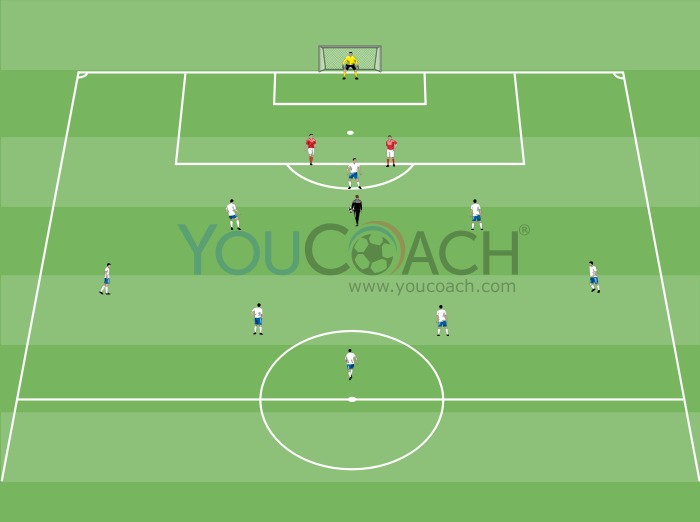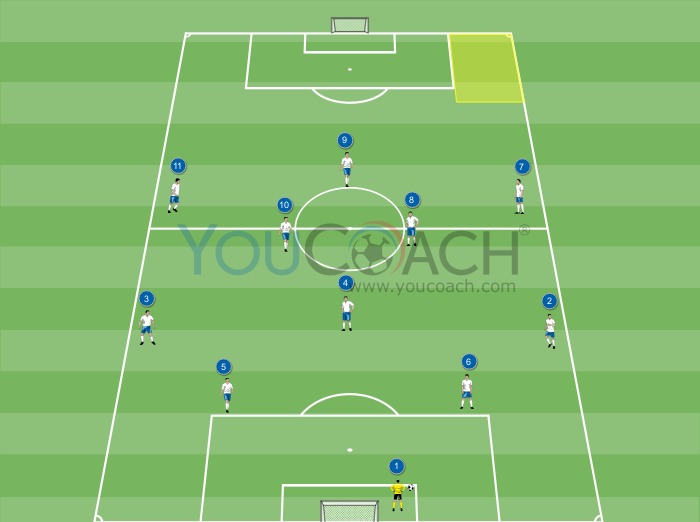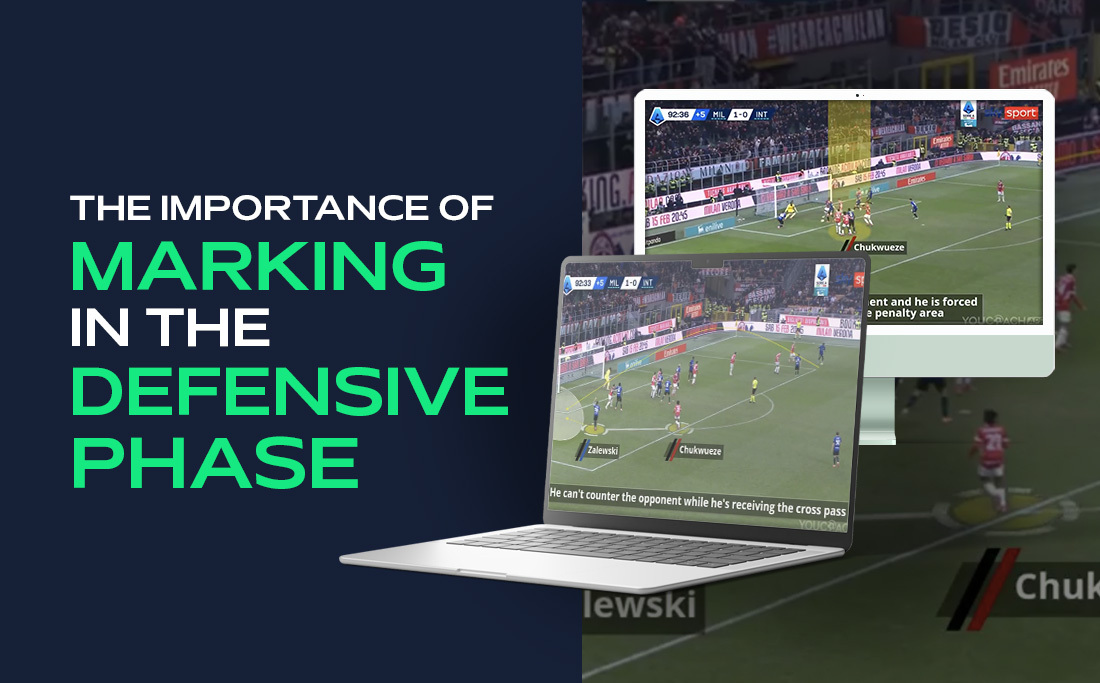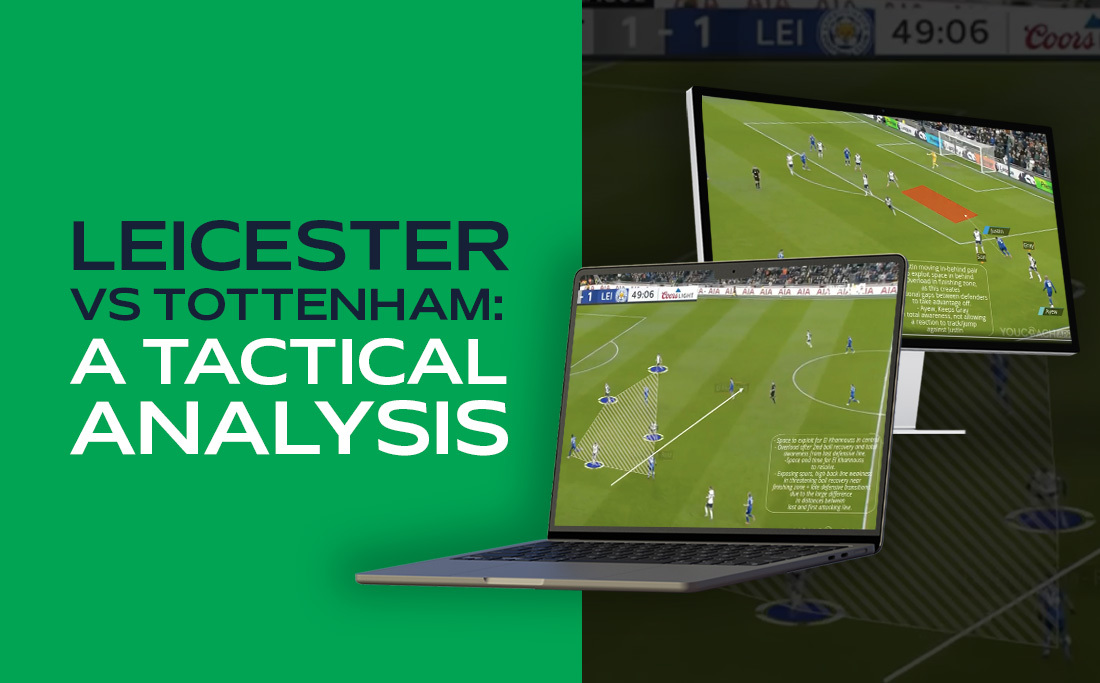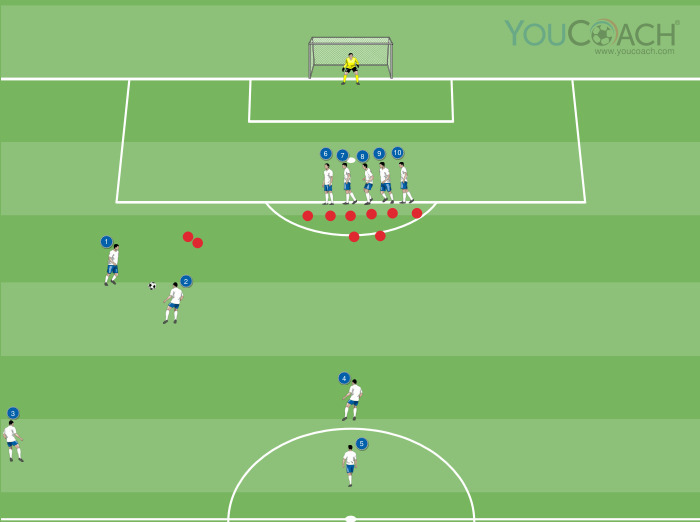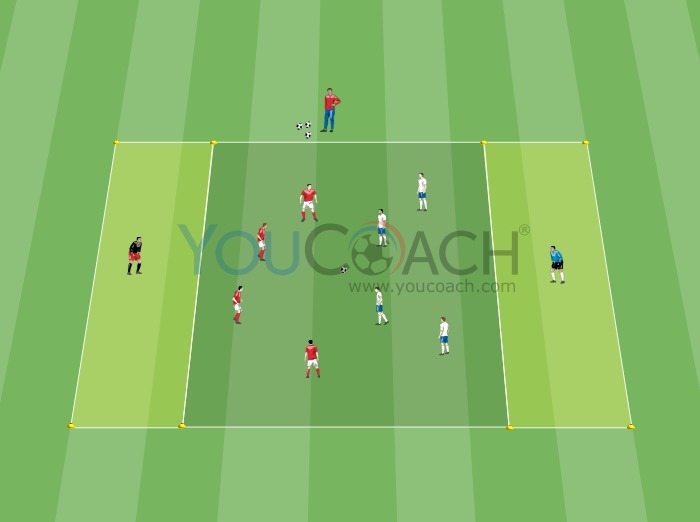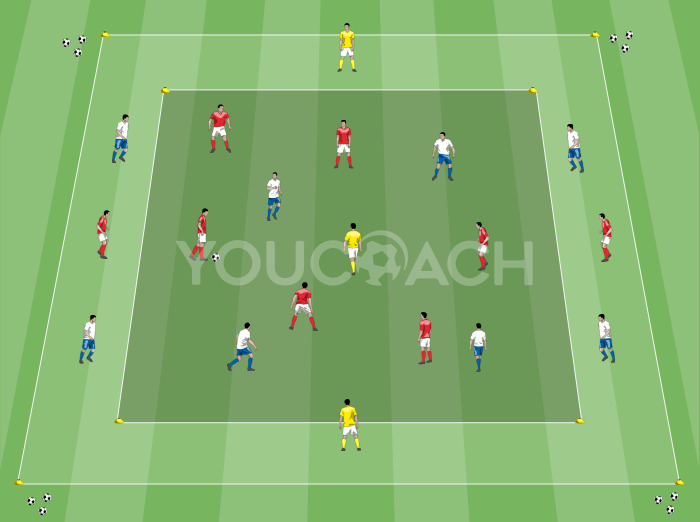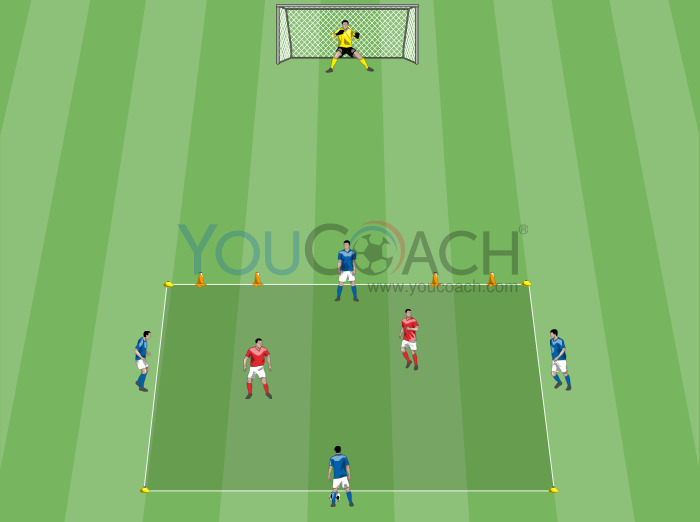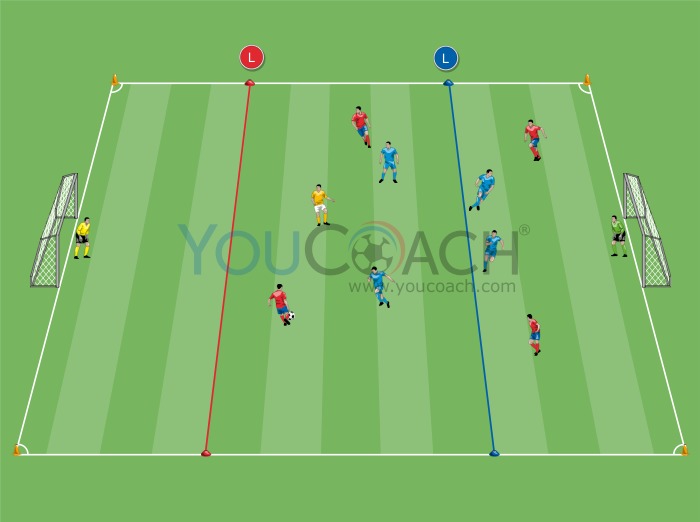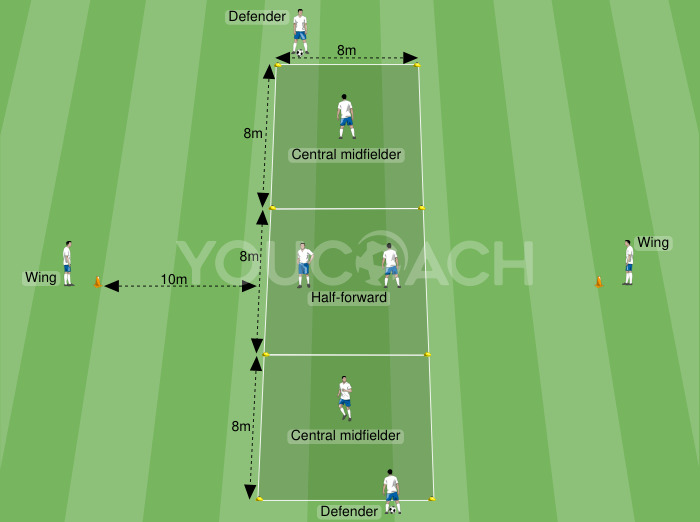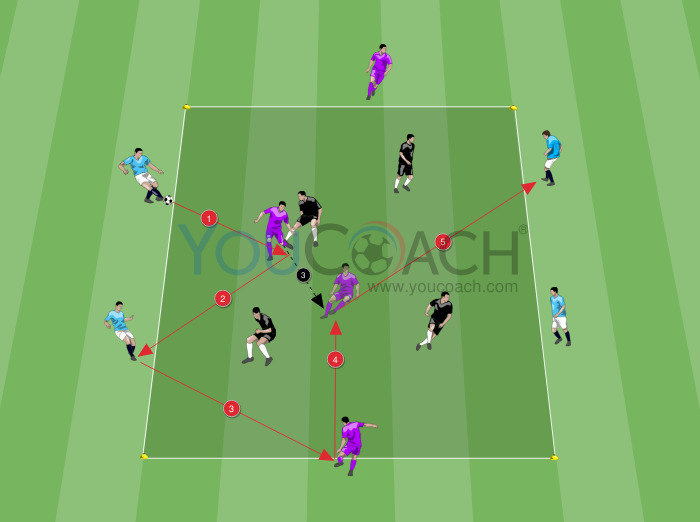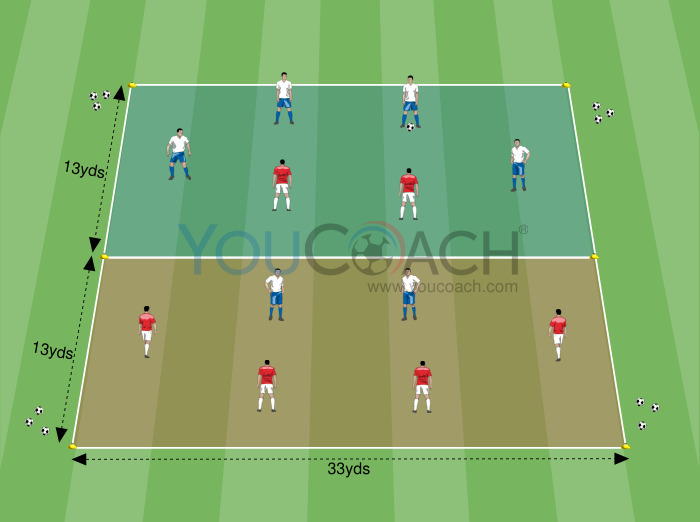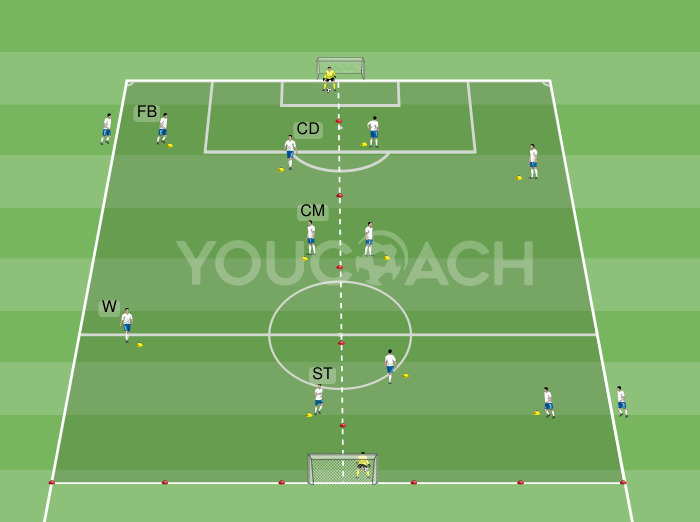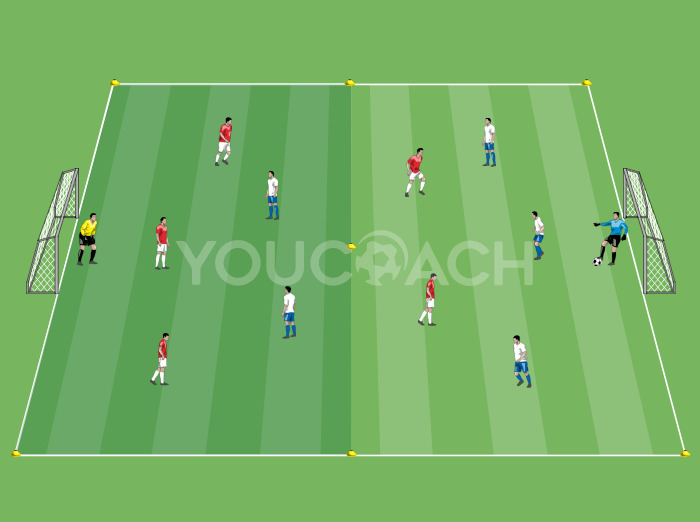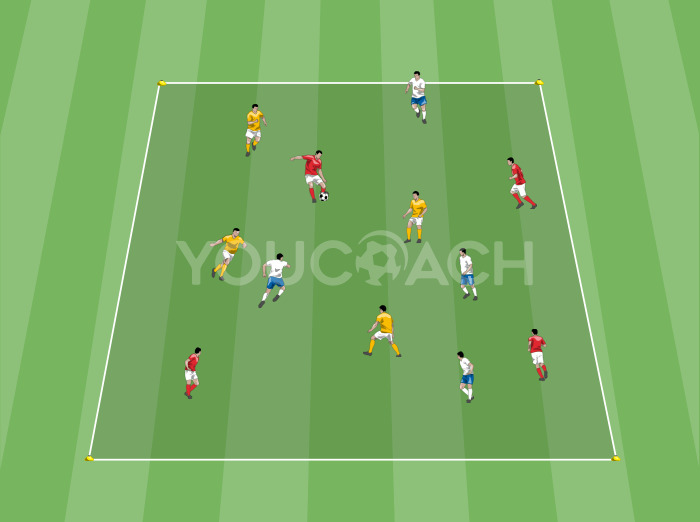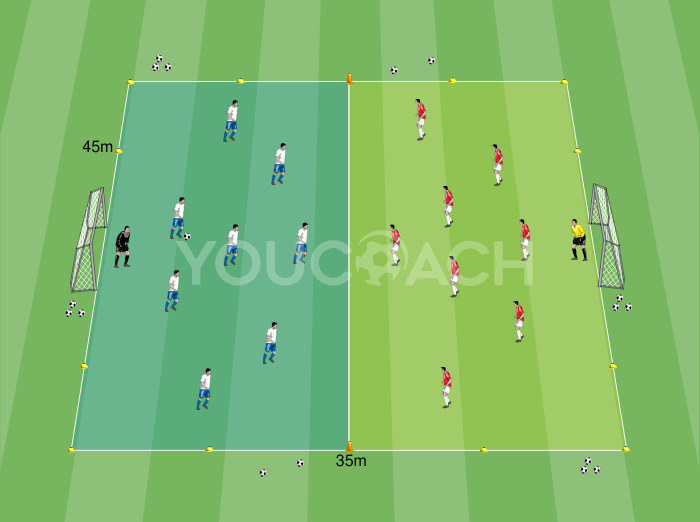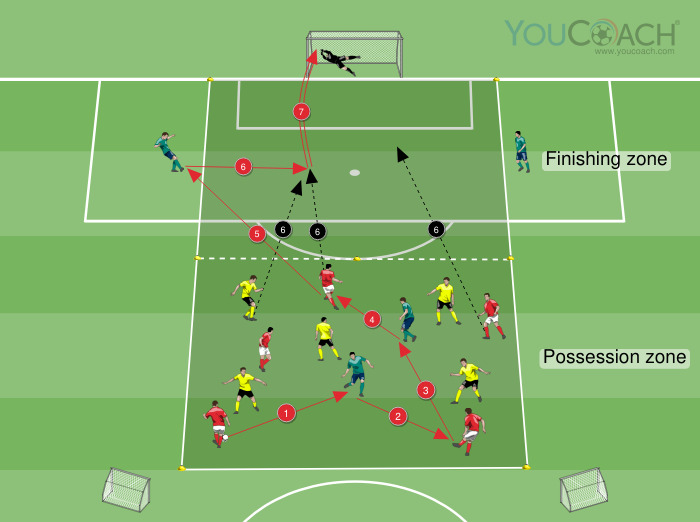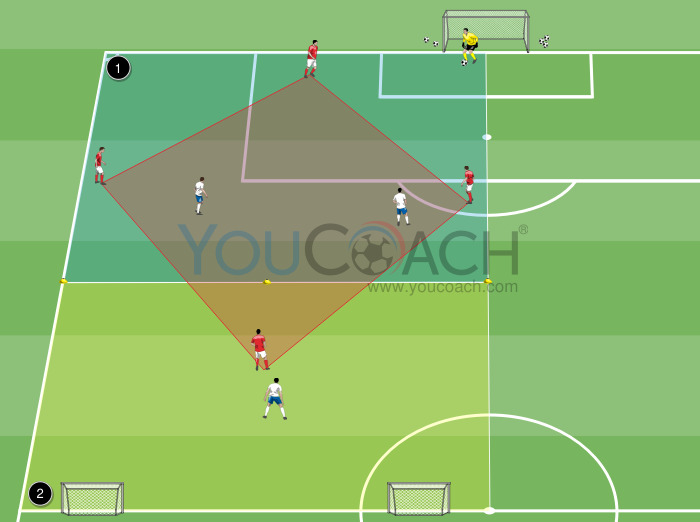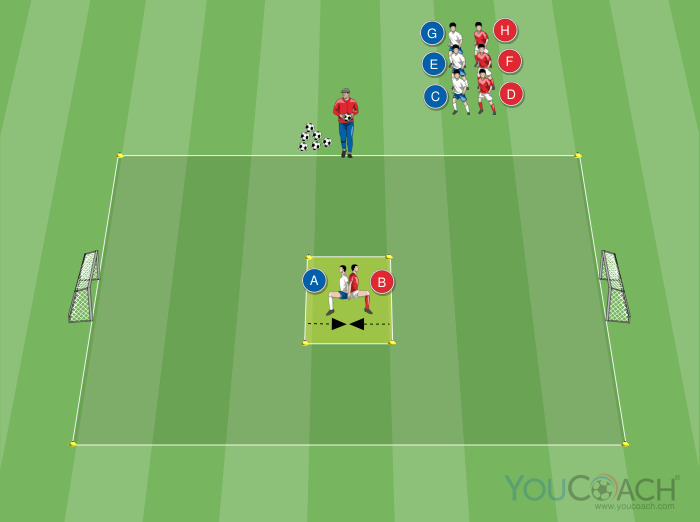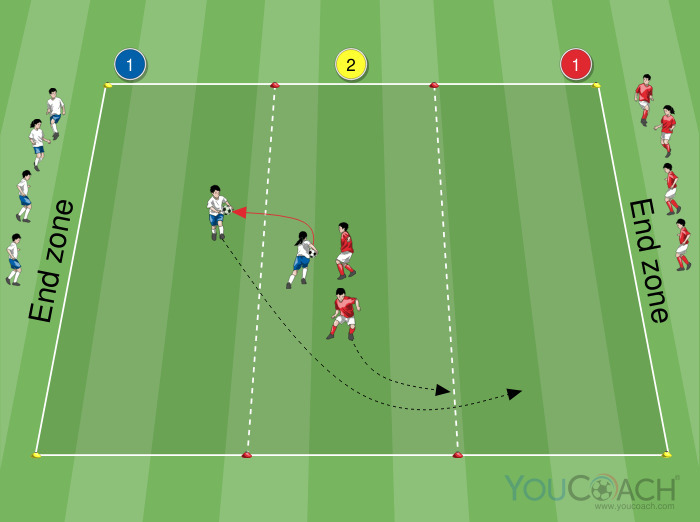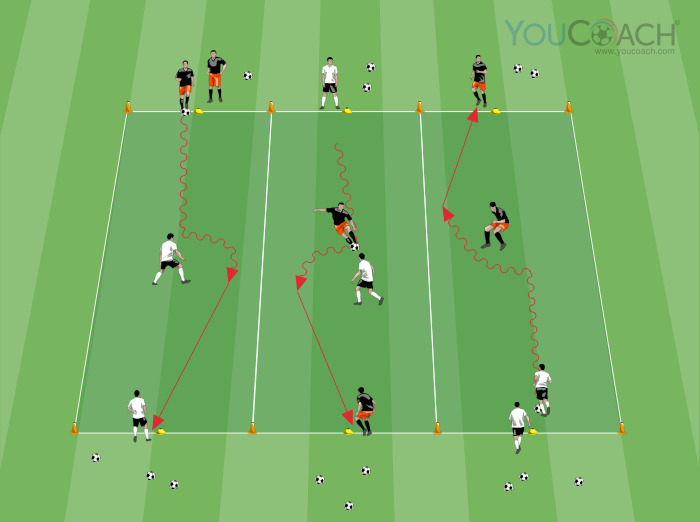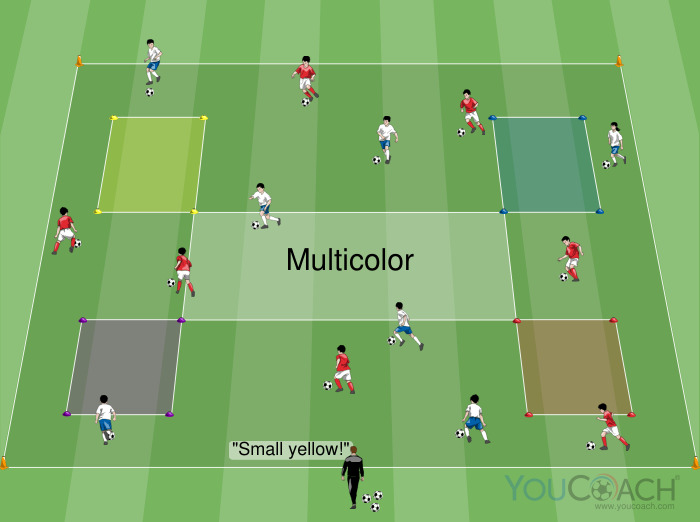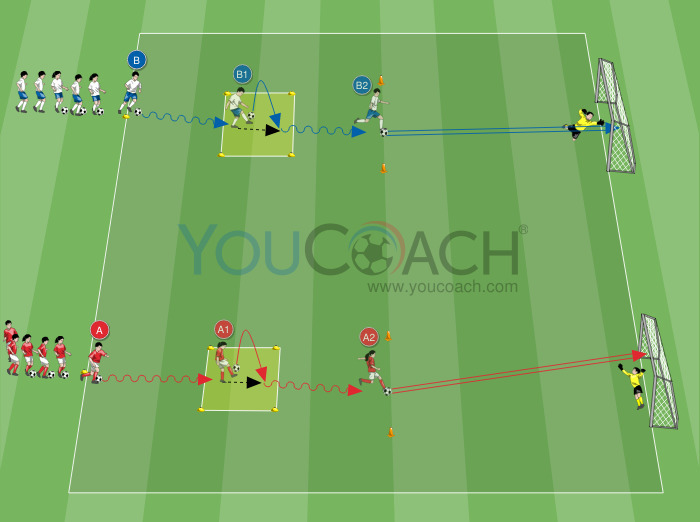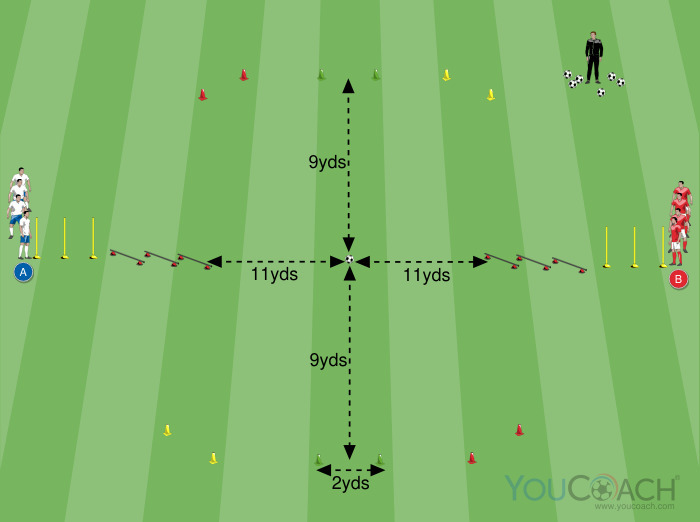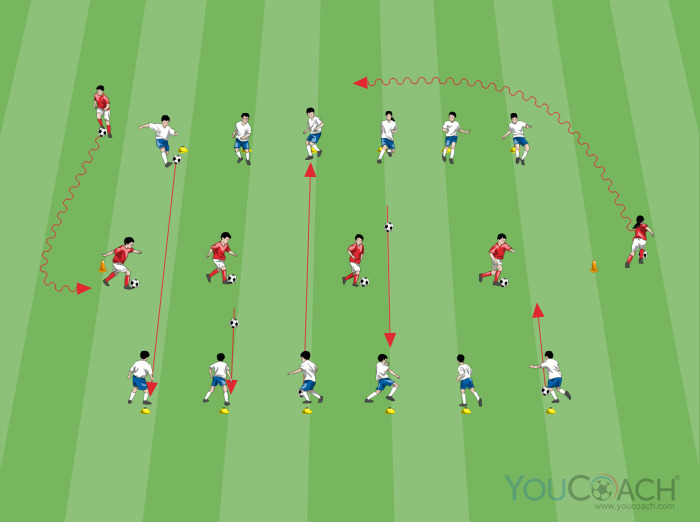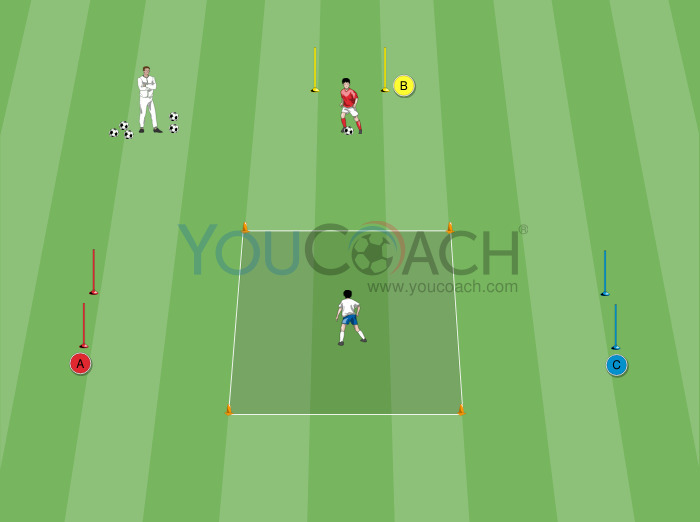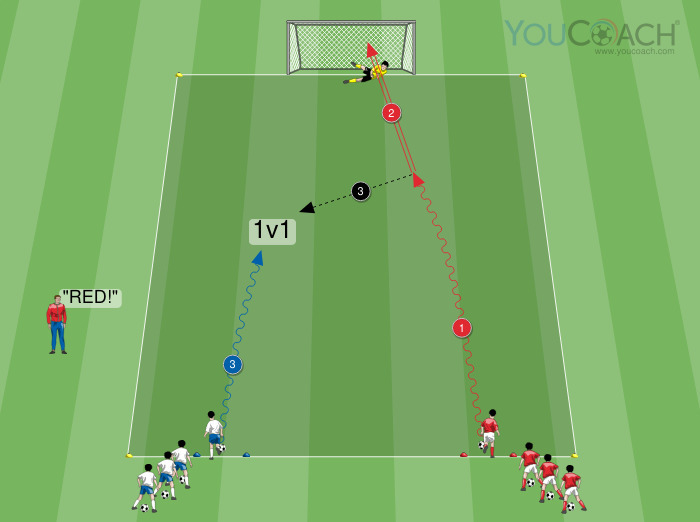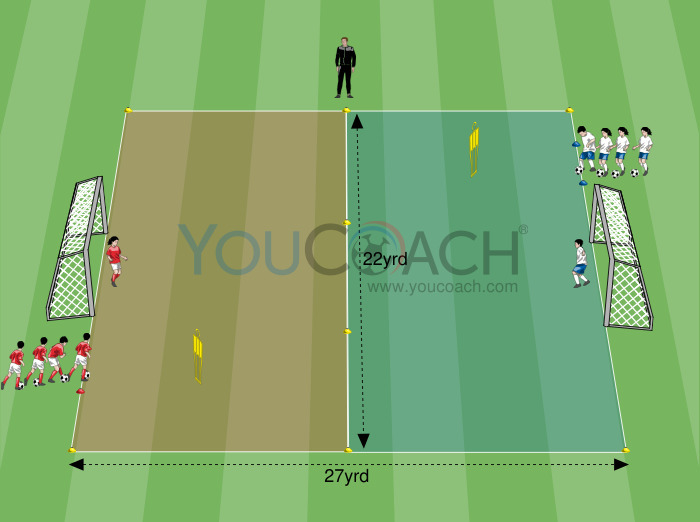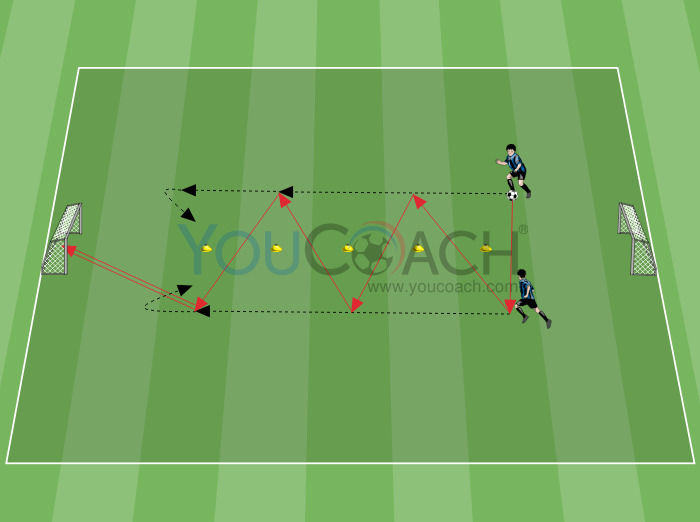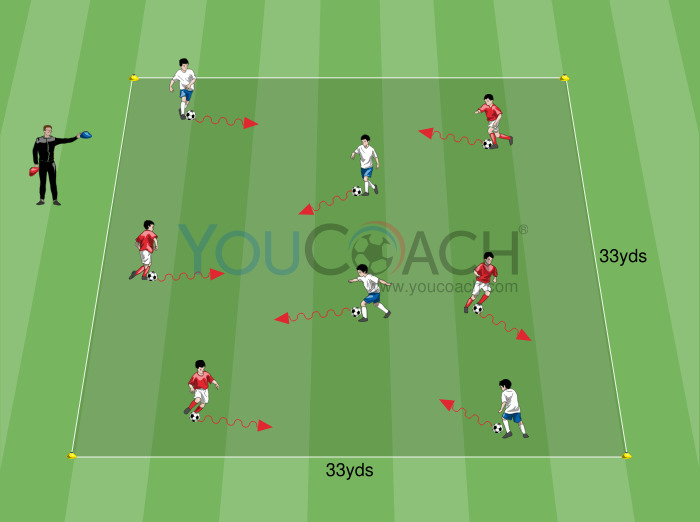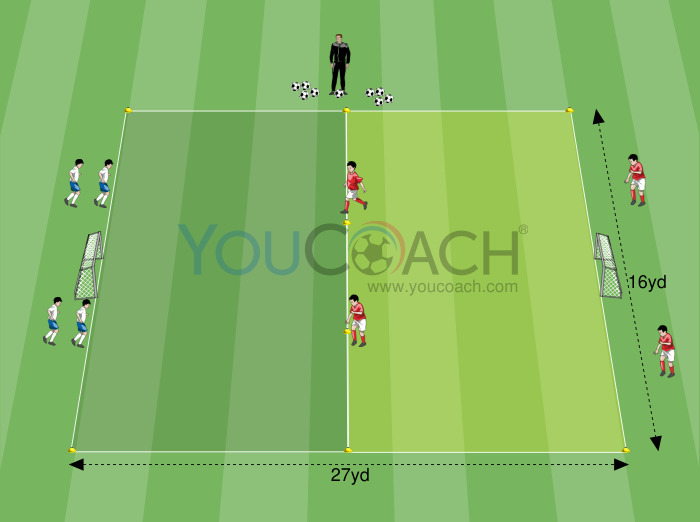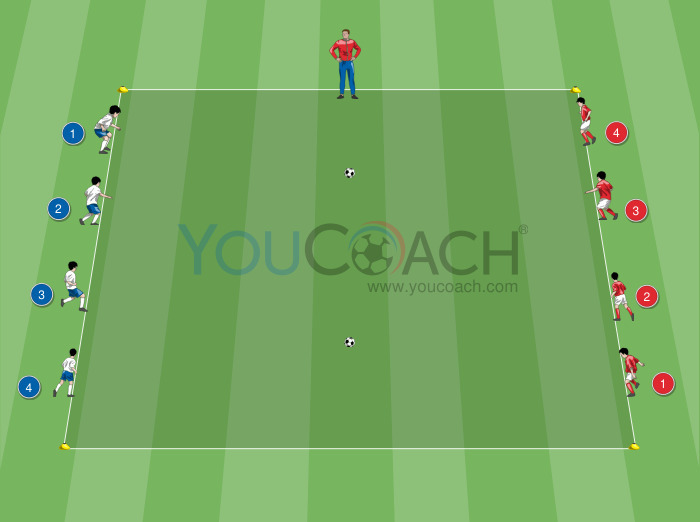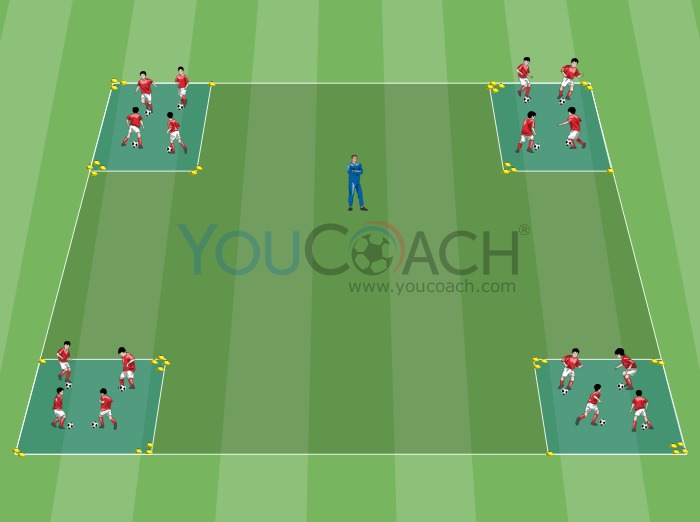Understanding players as a necessary precondition for constructive cooperation on the field
Goal

|
Communicating and listening to each player encourages the creation of a relationship between the athlete and the coach that is based on respect and cooperation, which is fundamental in every sport |
At the beginning of sports season the coach has to plan a specific time of communication and listening with each player of the team, in order to get to know their essential features and point of view on sports. This encourages the creation of a relationship between the coach and athlete that is based on respect and cooperation, crucial elements in every sport.
In August-September a new sports adventure starts again from scratch both for athletes and coaches. Every beginning brings new enthusiasm, hopes, ambitions, freshness. All is new in every way: team line ups change with players that come and go, technical staffs can gain or lose one or more members and even Club managers come and go.

The short summer break brings changes in every team. But who changes the most are young players of Youth Academy. Their physical, motor and mental development is quick in those age groups and the kids you last saw in June are not the same you greet in September.
A new soccer season implies, for coaches, a process of “re-cognition” of players that came back and the “creation of an idea” about new arrivals. Every coach needs to build a sort of map of each athlete's characteristics (technical, tactical, athletic and especially psychological aspects) in order to work with them with profit.
The coach can choose to simply observe players inside and outside the field, during practice and matches, for months. This is what usually happens and it can be sufficient to analyse technical-tactical aspects, but it surely is not enough to understand a player's character.
To observe this dimension, it is fundamental for the coach to plan a specific meeting time with each player of the team somewhere outside the locker room, away from nuisance, and for about 20 to 30 minutes.
The coach can use this time to get to know players in two different ways:
- If they already know the player they can re-examine past season by analysing player's effort, best moments, positive and negative behaviors, and also plan future objectives, improvements and expectations about the new season;
- If the player is new to the team they can conduct a sort of interview about various topics (see table below); from general life questions to more soccer-specific ones. With younger players it is better to focus on general questions; with older athletes you can focus more on technical aspects.
| Areas | Themes |
|---|---|
| General |
|
| School |
|
| Free time |
|
| Sports motivation |
|
| Technical features |
|
In both situations the goal of the meeting should be collecting information about how players think and what experiences they've done in the past:. you should not turn it into a monologue about your soccer methodology and ideas. These aspects can be discussed with the whole team at the beginning of the season.
The coach should be a good listener, asking questions, as described in this article. In this way player can feel that the coach has a sincere interest in them as a person and not only as a soccer player, and in this way they can be stimulated to become a “thinking player” instead of a mere executor. Moreover, if the coach does a follow-up during the season, players will perceive that there's a shared growth path and their motivation will increase.


